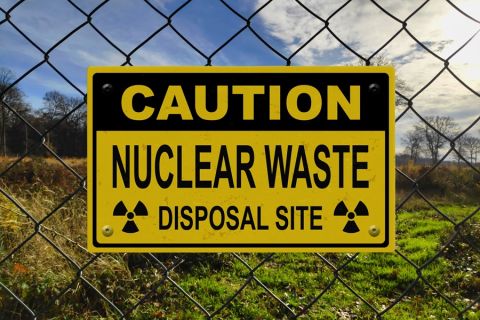
(Source: kovop58 / Shutterstock.com)
[Editor’s note: This story was updated at 10:25 a.m. CT Nov. 4.]
Oil prices rose more than 2% on Nov. 4 after President Donald Trump falsely claimed victory in a tight U.S. election with millions of votes still to be counted and after data showed a large decline in U.S. crude inventories.
A victory by Trump is viewed as bullish for oil because of sanctions on Iran and his support for Saudi-led oil production cuts to support prices.
A contested result and prolonged uncertainty is seen as the most bearish outcome for oil and markets in general, while a win for Joe Biden would be seen as bearish to neutral because of his support for green policies and softer stance on Iran.
WTI was up 80 cents, or 2.1%, at $38.46/bbl by 10:13 a.m. CT (16:13 GMT). Brent crude was up by 92 cents, or 2.3%, at $40.63/bbl.
Both benchmarks extended gains to session highs after data showed U.S. crude inventories fell by 8 million barrels last week as Hurricane Zeta forced production declines in the Gulf of Mexico during the period.
U.S. weekly crude oil exports fell by 1.2 million bbl/d to about 2.3 million bbl/d last week, the biggest drop since January, as Zeta disrupted flows.
Trump falsely claimed to have won after his Democratic challenger Biden said he was confident of winning a contest that will not be resolved until a handful of states finish vote counts in the next hours or days.
"Perhaps the biggest conclusion to be drawn at this stage is that there is only a small likelihood that existing oil & gas tax incentives will be removed in the U.S.—even if Biden emerges as the winner—given the narrow margin of victory and a probable Republic majority in the U.S. Senate," said Artem Abramov, Head of shale research at Rystad Energy.
Wall Street saw an early surge and a rally in the dollar faded, as the too-close-to-call presidential election left traders betting on a divided Senate that would keep stimulus flowing but hold tax rises and regulation in check.
Oil prices were also supported by the possibility that OPEC producers and Russia could consider deferring a planned increase in OPEC+ oil output from January as a second coronavirus wave stifles a recovery in fuel demand.
OPEC and allies led by Russia, a grouping known as OPEC+, earlier agreed to ease cuts by 2 million bbl/d from the current 7.7 million bbl/d from January.
More lockdowns could cap oil price gains. Italy, Norway and Hungary have tightened coronavirus curbs, following Britain, France and other countries.
Reuters’ Noah Browning also contributed to this story.
Recommended Reading
CEO: Linde Not Affected by Latest US Green Subsidies Package Updates
2024-02-07 - Linde CEO Sanjiv Lamba on Feb. 6 said recent updates to U.S. Inflation Reduction Act subsidies for clean energy projects will not affect the company's current projects in the United States.
Global Energy Watch: Corpus Christi Earns Designation as America's Top Energy Port
2024-02-06 - The Port of Corpus Christi began operations in 1926. Strategically located near major Texas oil and gas production, the port is now the U.S.’ largest energy export gateway, with the Permian Basin in particular a key beneficiary.
The Problem with the Pause: US LNG Trade Gets Political
2024-02-13 - Industry leaders worry that the DOE’s suspension of approvals for LNG projects will persuade global customers to seek other suppliers, wreaking havoc on energy security.
BWX Technologies Awarded $45B Contract to Manage Radioactive Cleanup
2024-03-05 - The U.S. Department of Energy’s Office of Environmental Management awarded nuclear technologies company BWX Technologies Inc. a contract worth up to $45 billion for environmental management at the Hanford Site.
Belcher: Our Leaders Should Embrace, Not Vilify, Certified Natural Gas
2024-03-18 - Recognition gained through gas certification verified by third-party auditors has led natural gas producers and midstream companies to voluntarily comply and often exceed compliance with regulatory requirements, including the EPA methane rule.




